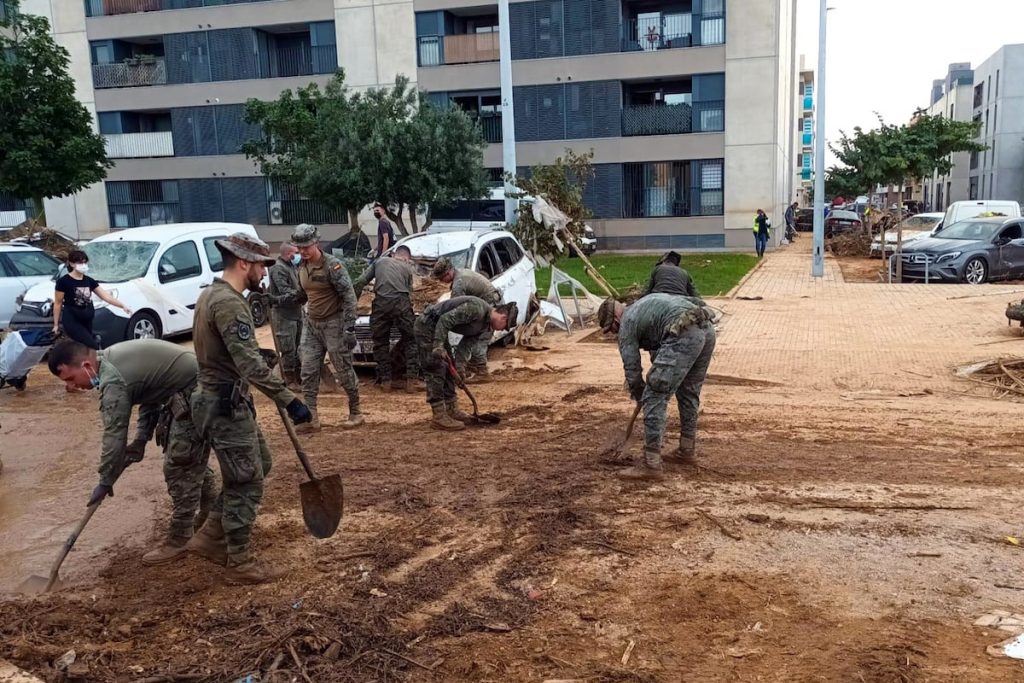After six days, the narrative changed. The president of the Valencian Community, Carlos Mazón, shifted from gratitude to reproach towards the dependent entities of the government (the Júcar River Basin Authority, and the Military Emergency Unit) for their failures in managing the crisis, demanding aid equivalent to the entire regional budget. Mazón’s change in strategy was accompanied by Galicia’s president, Alberto Núñez Feijóo, who upped the ante by calling for a national state of emergency, potentially taking control away from Mazón. The criticism and shift in focus from the government prompted some emergency service leaders to express discomfort. Meanwhile, the death toll rose to 211 with the number of missing persons still unknown.
Mazón had initially tried to avoid criticism over the delayed alert to citizens regarding the severe weather conditions, citing adherence to protocols and information shared on social media. Six days after the fatal downpours, Mazón stated that they would have issued the alert earlier if they had known about a hydrological warning that the regional government was responsible for communicating. Conflicting statements were made regarding communication protocols, with the Generalitat claiming ignorance of the severity of the situation despite flooded towns by noon and the Confederation providing real-time information accessible to the Generalitat. The Ministry of Ecological Transition clarified that regional emergency services are responsible for issuing hydrological alerts.
The shift from avoiding direct confrontation with the government to criticizing and aligning with Feijóo highlighted the tension between Mazón and the Socialists who urged him to display unity and efficiency in managing the catastrophe. The government, despite ongoing issues with coordination and resources, refrained from engaging in a feud with the PP. Feijóo called for a national emergency declaration to centralize crisis management under the Interior Ministry, challenging the authority of Mazón. The arrival of additional military and emergency personnel aimed to provide aid to the affected areas, although challenges in coordination and allocation of resources persisted.
The Valencian president announced a comprehensive aid package of 31.402 billion euros, equivalent to the regional budget, to address the damages caused by the natural disaster. The assistance included immediate financial support for affected families and municipalities, with a strong emphasis on reconstruction efforts. The region faced significant infrastructure damage, financial losses, and public health risks due to the accumulation of debris and mud. Efforts were made to prevent infections and address potential health hazards, with a focus on vaccination and coordinated response with national health authorities.
While the emergency response efforts continued, Catalonia also faced alerts due to the remnants of the storm passing through the region, causing flooding and disruptions. Emergencies in various parts of the country demanded a coordinated approach from regional and national authorities to ensure timely and effective assistance to affected communities. The recovery and reconstruction process would be a long-term endeavor, requiring collaborative efforts and resources to restore normalcy and address the extensive damages caused by the catastrophic weather event. The impact of the disaster would leave lasting repercussions on infrastructure, economy, and public health, necessitating sustained efforts and solidarity among all stakeholders involved in the recovery process.















